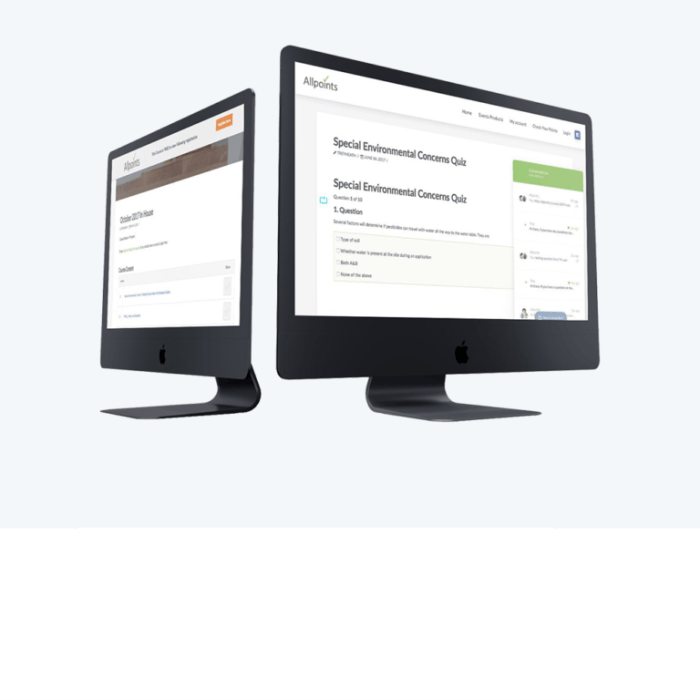The Tennessee Category 7 certification test study guide provides an in-depth examination of the requirements, key topics, and effective study strategies for obtaining this certification. This guide is essential for individuals seeking to enhance their knowledge and skills in the field of Tennessee Category 7 certification.
The guide covers a wide range of topics, including the purpose and requirements of the certification, key concepts and theories, exam preparation strategies, exam format and content, and additional resources. By utilizing this guide, candidates can gain a comprehensive understanding of the certification process and prepare effectively for the exam.
Overview of Tennessee Category 7 Certification

The Tennessee Category 7 certification is a professional credential designed for individuals working in the hazardous materials industry. It is administered by the Tennessee Department of Environment and Conservation (TDEC) and demonstrates the holder’s knowledge and skills in handling, storing, and transporting hazardous materials.
To obtain the Tennessee Category 7 certification, individuals must meet the following requirements:
- Be at least 18 years of age
- Have a high school diploma or equivalent
- Pass the Tennessee Category 7 certification exam
Individuals who work with hazardous materials, such as emergency responders, hazardous waste handlers, and environmental professionals, should consider obtaining the Tennessee Category 7 certification to enhance their knowledge and credibility in the field.
Study Guide Content
The Tennessee Category 7 certification study guide covers the following key topics:
- Hazardous materials identification and classification
- Emergency response procedures
- Hazardous waste management
- Transportation of hazardous materials
- Environmental regulations
Hazardous Materials Identification and Classification
This section covers the different types of hazardous materials, their properties, and the methods used to identify and classify them. It also includes information on the various hazard communication standards, such as the Globally Harmonized System of Classification and Labeling of Chemicals (GHS).
Emergency Response Procedures
This section provides guidance on how to respond to hazardous materials incidents, including the proper use of personal protective equipment (PPE), containment measures, and decontamination procedures. It also covers the role of emergency responders and the importance of coordination between different agencies.
Hazardous Waste Management, Tennessee category 7 certification test study guide
This section covers the different methods of hazardous waste management, including waste minimization, recycling, treatment, and disposal. It also includes information on the regulations governing hazardous waste management and the role of waste generators, transporters, and disposal facilities.
Transportation of Hazardous Materials
This section covers the regulations governing the transportation of hazardous materials by road, rail, air, and water. It includes information on the different types of shipping containers, labeling requirements, and emergency response procedures for transportation incidents.
Environmental Regulations
This section covers the various environmental regulations that apply to hazardous materials, including the Resource Conservation and Recovery Act (RCRA), the Comprehensive Environmental Response, Compensation, and Liability Act (CERCLA), and the Emergency Planning and Community Right-to-Know Act (EPCRA). It also includes information on the role of regulatory agencies in enforcing these regulations.
Exam Preparation Strategies

To prepare for the Tennessee Category 7 certification exam, it is important to:
- Study the official study guide thoroughly
- Attend a training course or workshop
- Take practice tests
- Review the relevant regulations and standards
When studying, it is important to use active learning techniques, such as taking notes, creating flashcards, and practicing answering exam-style questions. It is also important to focus on understanding the concepts rather than just memorizing facts.
Time management is crucial during the exam. It is important to allocate your time wisely and not spend too much time on any one question. If you are unsure about a question, skip it and come back to it later if time permits.
It is also important to take breaks during your study sessions to avoid burnout. And finally, get a good night’s sleep before the exam and arrive at the testing center on time.
Exam Format and Content

The Tennessee Category 7 certification exam is a multiple-choice exam consisting of 100 questions. The exam is divided into five sections, each covering one of the key topics Artikeld in the study guide.
The distribution of questions across the five sections is as follows:
- Hazardous Materials Identification and Classification: 25 questions
- Emergency Response Procedures: 25 questions
- Hazardous Waste Management: 20 questions
- Transportation of Hazardous Materials: 15 questions
- Environmental Regulations: 15 questions
To pass the exam, you must answer at least 70% of the questions correctly. The exam is timed, and you will have three hours to complete it.
Additional Resources
In addition to the official study guide, there are a number of other resources available to help you prepare for the Tennessee Category 7 certification exam.
- TDEC Hazardous Waste Personnel Training and Certification
- Hazmat School Tennessee Category 7 Certification
- Safety Compliance HQ Category 7 Hazardous Waste Certification
These resources include online study materials, practice tests, and relevant forums where you can connect with other professionals in the field.
Clarifying Questions: Tennessee Category 7 Certification Test Study Guide
What is the purpose of the Tennessee Category 7 certification?
The Tennessee Category 7 certification demonstrates an individual’s knowledge and skills in a specific area of expertise. It is required for individuals working in certain industries or performing specific tasks.
Who should consider obtaining the Tennessee Category 7 certification?
Individuals who work in industries related to Tennessee Category 7 certification, or who are seeking to advance their careers in these fields, should consider obtaining this certification.
What are the key topics covered in the Tennessee Category 7 certification study guide?
The study guide covers a wide range of topics, including the purpose and requirements of the certification, key concepts and theories, exam preparation strategies, exam format and content, and additional resources.
What are some effective study strategies for preparing for the Tennessee Category 7 certification exam?
Effective study strategies include reviewing the study guide thoroughly, practicing with sample questions, and seeking guidance from experienced professionals.
What is the format of the Tennessee Category 7 certification exam?
The exam typically consists of multiple-choice questions and may also include essay questions or practical components.